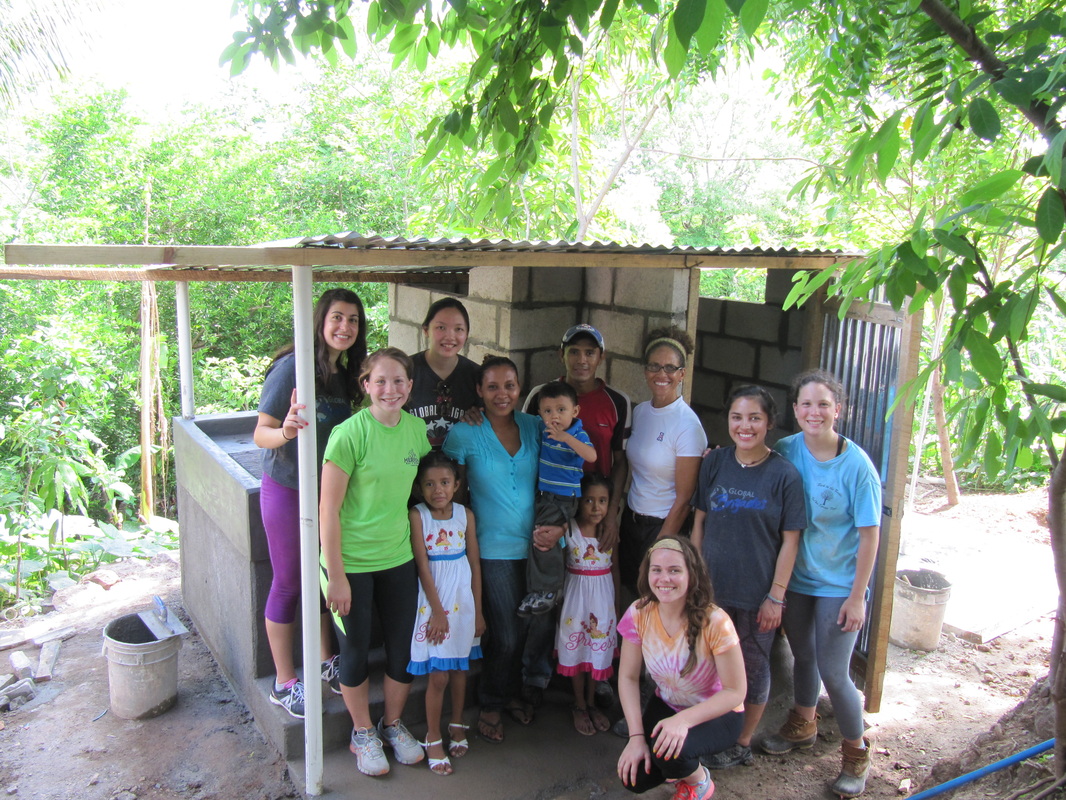I have the privilege of spending my summer vacation, as a visiting scholar, in Honduras and Ghana. Round one (June 22 - July 15) begins in Honduras with three disciplines available to include: Global Health, Economic Development and Sustainable Engineering. Using a learner-centered educational approach, the students' community development projects are coupled with cultural immersion experiences, working on current projects side-by-side with in country staff, and assimilating core concepts, I deliver, such as community-based participatory research (CBPR), community-based asset mapping, and formative assessments. The Global Health contingent, hails from California State University at Fullerton , San Francisco State University, Cleveland State University, NYU, Tulane and California University of PA. I spend the majority of my time with this group. The engineers are from Washington University in St. Louis, University of Pittsburgh, and Ball State University. The lone economic wonder, 19 year-old, Hinal Patel, arrived from UNC Chapel Hill. We keep an eye on her: we're certain she's here to launder money! Our evening sessions, are a collective effort, and the students work in small, multidisciplinary teams. Their daily adventures are discipline specific, and the discipline specific activities take the students into various, small rural communities with populations usually less than 600, and have limited infrastructure. For example, many communities have water which translates to: water 2-3 times per week for 2 hours/day = 4-6 hours (total) of running water per week on average. The global health team builds hygiene stations that include a pila (to wash clothes and dishes), shower (water is scooped from the reservoir and poured over ones' body) and latrine (that "flushes" when you pour a bucket of water into the latrine and gravity feeds into the septic tank). The septic tank, hand dug (1 meter square by 3 meters deep), takes about one month to dig. The recipient family must have the hole dug as well as the ground properly prepped before a project commences, commit at least two family members to work on the project for its entirety and contribute 1/3 of the total cost of the project (~$200U.S.). Two of the primary health issues are diarrhea and respiratory problems; so the other global health project, in addition to the hygiene station, is an eco-stove. The total amount of time to build the hygiene station and the eco-stove was three days and lots of resources.
|
|
|

 RSS Feed
RSS Feed
